MercoPress. South Atlantic News Agency
Latin America
-
Wednesday, December 31st 2025 - 10:41 UTC
US embassies tasked with monitoring Latin America's migration policies
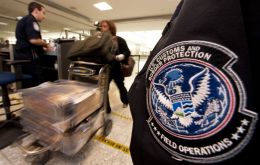
The US State Department formally instructed its embassies across Latin America to monitor and report on government policies that encourage or facilitate mass migration, it was announced on Tuesday.
-
Wednesday, December 31st 2025 - 10:38 UTC
Bolivia lifts all fuel import restrictions

Bolivia's Hydrocarbons Ministry has announced a sweeping liberalization of the national fuel market, lifting long-standing import restrictions and implementing a zero Specific Consumption Tax (ICE) for private importers.
-
Wednesday, December 31st 2025 - 10:24 UTC
Train services to Machu Picchu halted following lethal crash
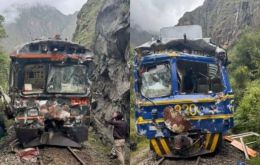
A head-on collision between two trains on the primary route to the Inca citadel of Machu Picchu left one person dead and at least 40 others injured on Tuesday. The accident, which occurred near the archaeological site of Qoriwayrachina, led to an indefinite suspension of rail services, stranding travelers and raising fresh concerns over safety along the country's most vital tourist corridor.
-
Tuesday, December 30th 2025 - 09:42 UTC
Petro orders huge minimum wage increase in Colombia
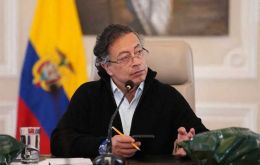
Colombian President Gustavo Petro announced on Monday a historic 23.7% increase in the minimum wage for 2026, making it the largest upward adjustment in 25 years. The measure includes transport subsidies.
-
Saturday, December 27th 2025 - 10:23 UTC
Panama to sanction tankers intercepted by US
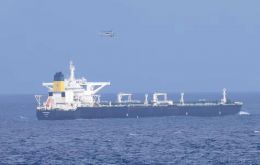
The Government of Panama will take disciplinary action against several oil tankers registered under its flag targeted by the United States for alleged irregularities, Foreign Minister Javier Martínez-Acha announced Friday. These vessels “failed to respect Panamanian maritime legislation,” he explained.
-
Friday, December 26th 2025 - 10:55 UTC
Honduras: Fraud allegations erupt as Nasry Asfura proclaimed President-elect
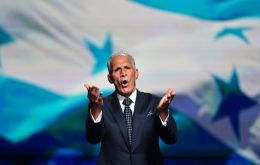
Honduras' National Electoral Council (CNE) declared conservative businessman Nasry “Tito” Asfura as the president-elect after 24 days of political deadlock and a contentious vote count, with opposition leaders vowing to challenge the outcome.
-
Wednesday, December 24th 2025 - 10:59 UTC
Kast and Noboa discuss “humanitarian corridor” for Venezuelan immigrants to return home
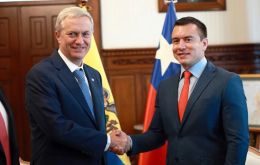
Following a high-level summit at the Carondelet Palace in Quito on Tuesday, Chilean President-elect José Antonio Kast and Ecuadorean President Daniel Noboa have signaled a unified front on the South American migration crisis. Both leaders discussed Kast's proposal to establish a “humanitarian corridor” to facilitate the return of undocumented Venezuelan migrants to their home country.
-
Wednesday, December 24th 2025 - 10:40 UTC
Colombia: Petro declares 30-Day “economic emergency”

In a move to bypass Congress on his proposed tax hikes, Colombian President Gustavo Petro declared a 30-day “economic emergency” on Tuesday. The measure, enacted via Decree 1390 of 2025, grants the head of State extraordinary powers for 30 days to circumvent Parliament and impose new taxes on the country’s wealthiest citizens.
-
Tuesday, December 23rd 2025 - 10:58 UTC
General strike cripples Bolivia over so-called “Gasolinazo”
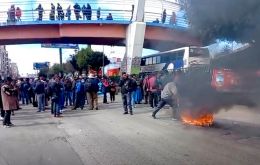
Thousands of miners, coca growers, and labor activists descended on the seat of government on Monday, marking the first day of a national general strike against Bolivian President Rodrigo Paz Pereira's decision to terminate fuel subsidies. The mobilization, led by the Bolivian Workers' Union (COB), has effectively paralyzed the capital and several other major departments.
-
Monday, December 22nd 2025 - 10:44 UTC
Chile: Kast bound for crime-torn Ecuador
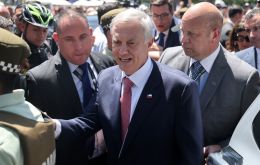
Chilean President-elect José Antonio Kast is departing on Monday for Ecuador amid escalating security concerns.
